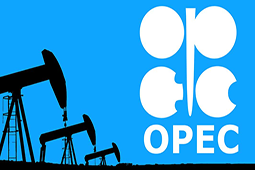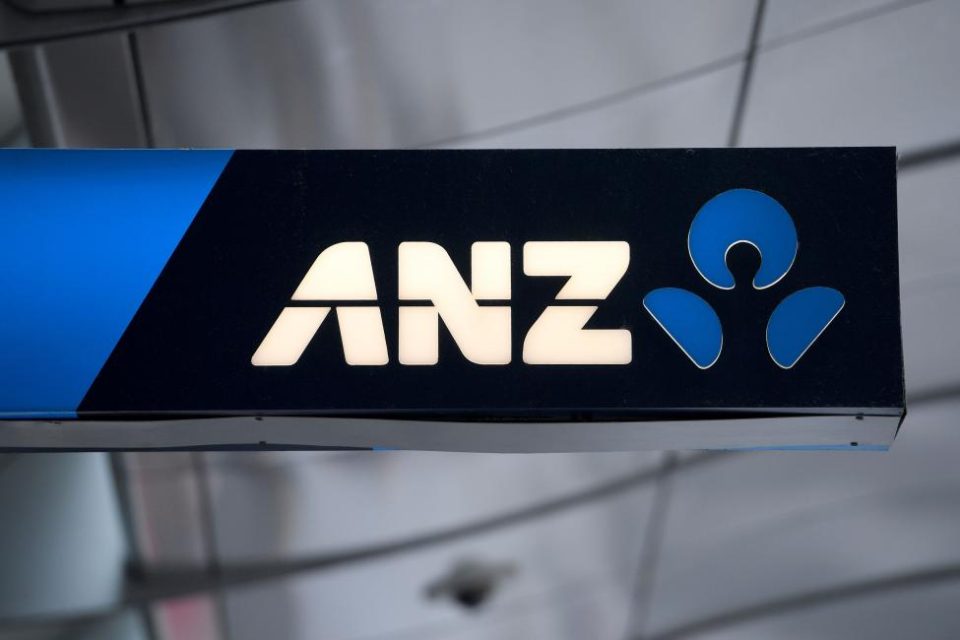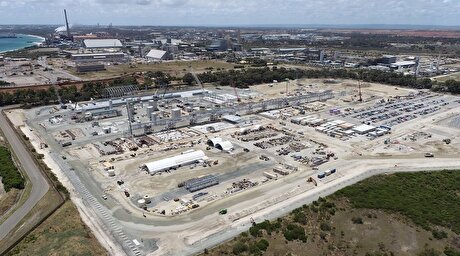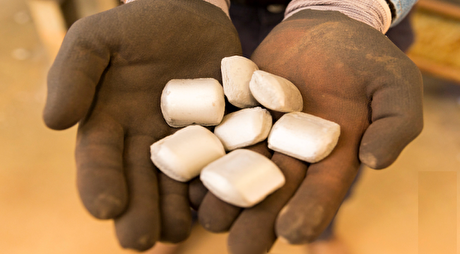
Crude oil futures higher as markets anticipate OPEC cuts


OPEC and its allies are likely looking to cut oil production in 2019 to shore up what they see as a weak market ahead, according to recent statements by OPEC delegates.
The group next meets December 6-7 in Vienna and discussions have already begun on those particulars, delegates say, with talk that between 1 million and 1.4 million b/d may need to be slashed.
Russia, a key ally of OPEC, produced a record 11.4 million b/d of crude in October, which helped to ease concerns about the impact of US sanctions on Iran.
Russian President Vladimir Putin last Thursday said it was "obvious we need to cooperate with Saudi Arabia" but did not commit to any cuts, adding that he was satisfied with the current oil price.
While initial price reaction to the talk of production cuts is bullish, "investors are not convinced that they will be able to mitigate the increase in output from the US, while expectations of heavy falls in Iranian exports have eased," ANZ analysts said in a note Monday.
"Prices continue to remain cautious after the downtrend seen over the past week, although it remains a bit supported this morning from OPEC's statement on cutting production," said Phillip Futures investment analyst Benjamin Lu.
"We may continue to see a modest recovery in prices until December, when OPEC and its allies convene," he added.
Meanwhile, data released by Baker Hughes on Friday showed the number of active oil rigs in the US ticked up by 2 to 888 in the week ended November 16.
"Although the oil rig rise was a mere two last week, rising inventories and production levels in the US continue to weigh on prices," Lu said.
Elsewhere, Japanese refiners are considering resuming Iranian oil imports from January following Washington's recent sanctions waiver, but the window to load cargoes could halt in two months amid uncertainty about whether the waiver will be extended, sources familiar with the matter told S&P Global Platts.
Japanese companies involved with Iranian oil imports are still waiting for a detailed explanation from the government on the US sanctions waiver granted earlier this month before resuming imports, sources said.
"A seasonal pickup in demand, combined with further falls in Iranian exports, should keep the market tight and push prices higher into year end," ANZ analysts said.


Caterpillar sees US tariff hit of up to $1.5 billion this year

Australia pledges $87M to rescue Trafigura’s Nyrstar smelters in critical minerals push

SAIL Bhilai Steel relies on Danieli proprietary technology to expand plate mill portfolio to higher steel grades

Alba Discloses its Financial Results for the Second Quarter and H1 of 2025

Fortuna rises on improved resource estimate for Senegal gold project

Tianqi Lithium Australia JV says it is prioritizing long-term viability of refinery

Fresnillo lifts gold forecast on strong first-half surge

Copper price slips as unwinding of tariff trade boosts LME stockpiles

Why did copper escape US tariffs when aluminum did not?

New research reveals source of world’s richest lithium deposits

Century Aluminum to invest $50M in Mt. Holly smelter restart in South Carolina

Australia to invest $33 million to boost Liontown’s Kathleen lithium operations

Glencore warns of cobalt surplus amid DRC export ban

SSR Mining soars on Q2 earnings beat

A Danieli greenfield project for competitive, quality rebar production

China limits supply of critical minerals to US defense sector: WSJ

Alba Hits 38 Million Safe Working Hours Without LTI

Advanced cold-rolled strip for China’s New Energy Vehicle market

Codelco seeks restart at Chilean copper mine after collapse

Century Aluminum to invest $50M in Mt. Holly smelter restart in South Carolina

Australia to invest $33 million to boost Liontown’s Kathleen lithium operations

Glencore warns of cobalt surplus amid DRC export ban

SSR Mining soars on Q2 earnings beat

A Danieli greenfield project for competitive, quality rebar production

China limits supply of critical minerals to US defense sector: WSJ

Alba Hits 38 Million Safe Working Hours Without LTI

Advanced cold-rolled strip for China’s New Energy Vehicle market

Codelco seeks restart at Chilean copper mine after collapse














